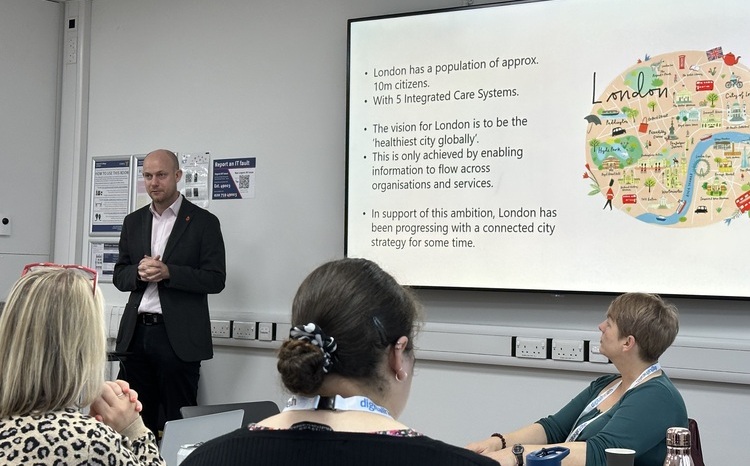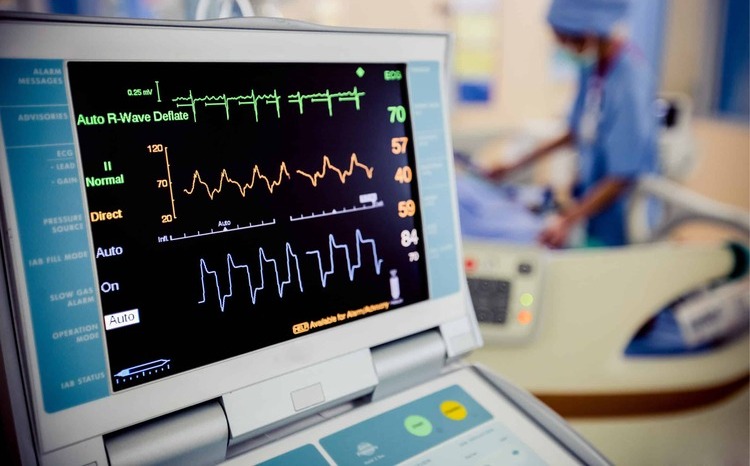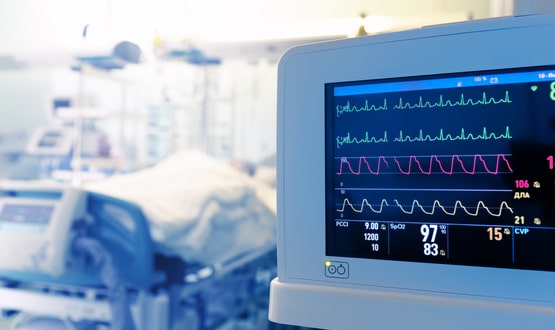Jersey prepares way to integrated records
- 17 September 2007
Jersey Health and Social Services have chosen InterSystem’s Caché and Ensemble software to make systems integration and reporting processes faster.
The department was forced to review its infrastructure after its existing 20-year-old legacy system was becoming obsolete and no longer able to meet hospital requirements.
Jersey’s risk manager, Paul Patterson, told E-Health Europe: “Our existing healthcare system provider told us they were leaving the healthcare business and we realised we needed to protect the existing system databases used by hospital staff. To do this, it was essential that we get a new interim database technology system and a new integration engine and InterSystems met our requirements.”
As Jersey’s health department is currently procuring an Integrated Care Record system (ICR) system, worth £12m, they wanted an interim solution that could migrate all data, without changing any existing systems drastically.
Patterson said: “We needed to migrate data from our obsolete system to a new system as soon as possible, but obviously as we are procuring for an ICR [Integrated Care Record], it had to be something that was a fix to a short term problem. InterSystems Caché stabilises our hardware platform, and helps to improve processing speeds by an impressive 100 times, whilst reducing the risk of a potential system failure.”
The potential to identify and recover from system failure was crucial for Jersey. With just one hospital on the island, systems needed to be available continuously, but the legacy system did not issue warning alerts when it failed, and then took up to two hours to restore once operational.
With the new database system, Jersey also wanted to implement a back-end integration engine to help integrate all hospital databases to one single record.
“Ensemble helps us integrate all the data collected on different databases and merge it into one single record. The system means that everything is significantly faster and more available, and helps to stop any downtime for backup altogether," said Patterson.
“It also means that we can put together overnight patient demographic and statistics processing in just five to ten minutes, instead of between eight and ten hours. We upgraded applications so they are compatible with the higher speeds and had users test it. Feedback on the new system has been fantastic.”
Data migration took seven weeks to complete and Patterson says that interest has been expressed from around the world.
Graham Frost, group director and managing director, UK Region, at InterSystems told EHI: “This highlights something that faces most organisations in the NHS. Change is required in order to go forward –especially during the National Programme for IT phase – and the phased approach taken by Jersey exemplifies that you cannot just abandon systems and replace them overnight. Taking projects one step at a time helps keep staff happy and systems can modernise with limited effect to trust work.”
The system will be used for two years before deployment of the new ICR is planned to go live in 2009.




